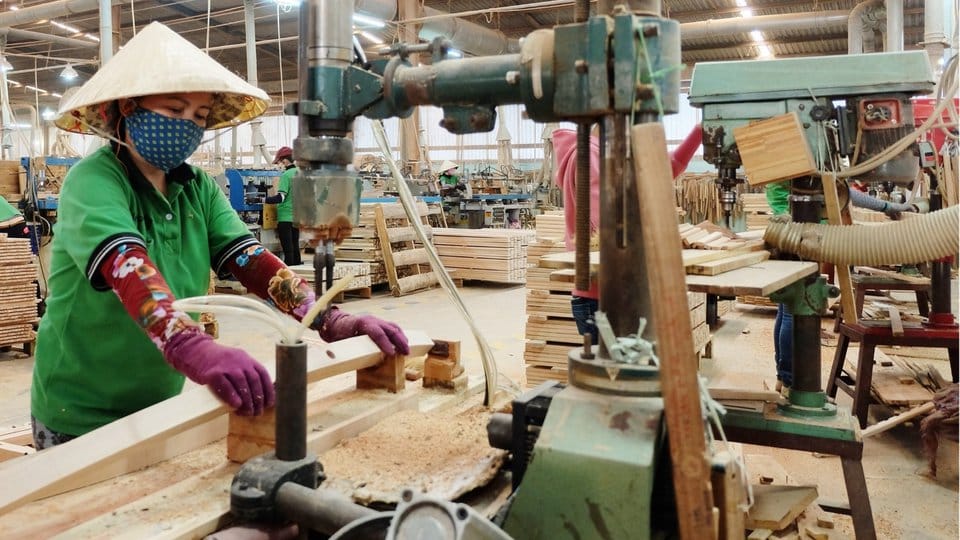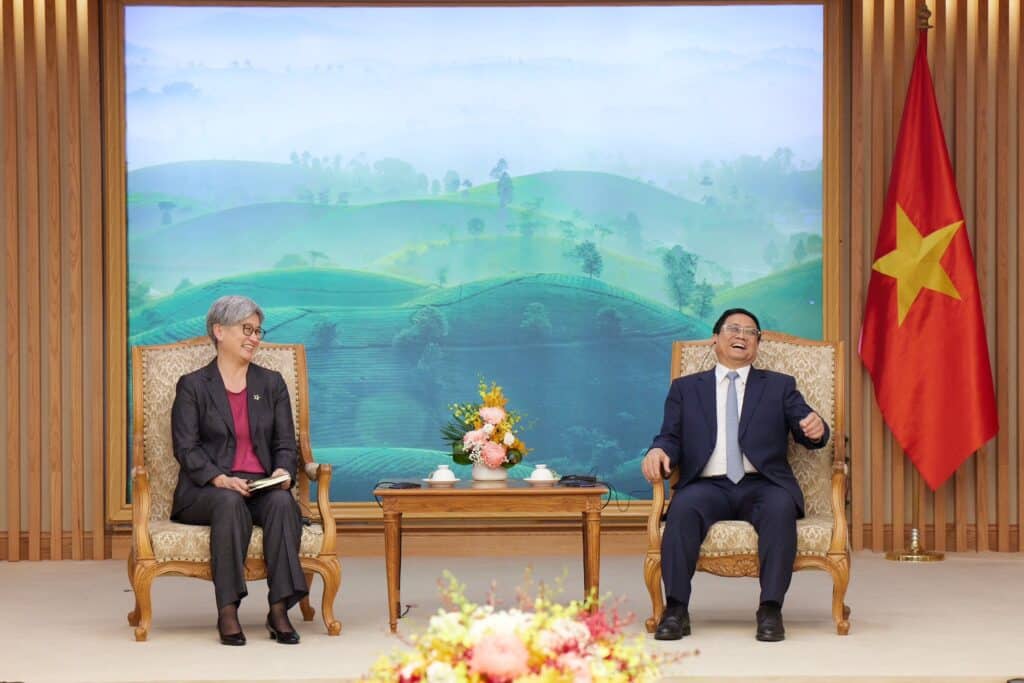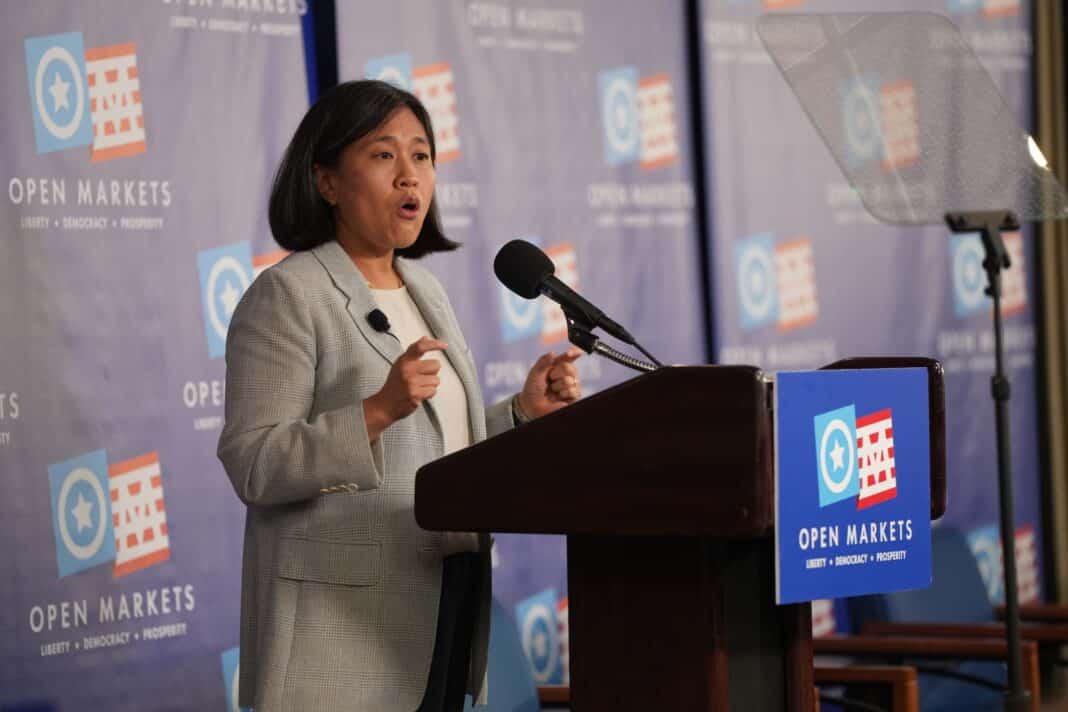Nearly two years after reaching an agreement that avoided tariffs on Vietnamese imports, the US has flagged concerns over Hanoi’s implementation of the agreement.
As reported last week, representatives from both countries met in Washington DC to discuss a new agreement on ‘Illegal Logging and Timber Trade.’
Now, ST & R, an international trade law and policy specialist, reports that tariffs could be back on the table.
In October 2020, the US initiated a Section 301 investigation into Vietnam’s acts, policies, and practices related to timber imports.
At the time, the US Trade Representative (the USTR) had concerns that a significant portion of the timber Vietnam imports had been harvested or traded in violation of Vietnam’s domestic laws, the laws of exporting countries, or international rules.”
Vietnam is one of the world’s largest exporters of wood products, and in 2019 shipped more than US $3.7 billion of wood furniture into the US.

Yesterday, Wood Central reported that Vietnam relies heavily on imported hardwoods to meet demand for manufactured hardwood furniture.
Vietnam imports up to 6 million cubic metres from more than 100 countries, with the US expressing concerns that much of this supply comes from high-risk countries.
In 2021, the two sides struck an agreement whereby the US agreed not to impose any Section 301 measures (e.g., import tariffs) in return for commitments by Vietnam to improve its timber legality assurance system.
This involved keeping confiscated timber out of the commercial supply chain, verifying the legality of domestically harvested timber regardless of export destination, and working with high-risk source countries to improve customs enforcement at the border and law enforcement collaboration.
Last week was the third meeting of the Timber Working Group, with a media statement from the USTR suggesting that progress has been slow.
According to the statement, the two sides “discussed relevant technical assistance and capacity building activities,” with ST & R suggesting that Vietnam could seek more money and other resources from the US to fulfil its commitments.

The USTR also pointed out that “illegally harvested timber in the supply chain disadvantages US workers and businesses who use lawful and sustainable means to make their goods.”
This could signal that the agreement remains a priority issue for the US and that punitive measures are possible if sufficient progress is not made.
For now, however, “it will continue to monitor Vietnam’s implementation of the timber agreement closely,” and the US and Vietnam will “continue close cooperation in advance of a fourth Timber Working Group meeting.”
In recent years, the Vietnam forest products industry has faced several challenges, including increased dependence on imported raw materials, reduced demand and increased competitiveness in significant markets, including the United States, Europe, and Japan.
Together, these markets account for 90% of total exports – with Vietnam now looking to new markets to diversify trade flows.
Vietnam’s reliance on hardwood imports has left it at elevated risk of ‘high-risk’ legality concerns.
In 2020, US-based Mongabay reported that at least one-third of tropical hardwoods imported for Vietnam-manufactured products are from “high-risk” locations.
This has created complications as Vietnam navigates the EU’s Forest Law Enforcement Governance and the US Lacey Act to secure favourable trade agreements with international markets.







